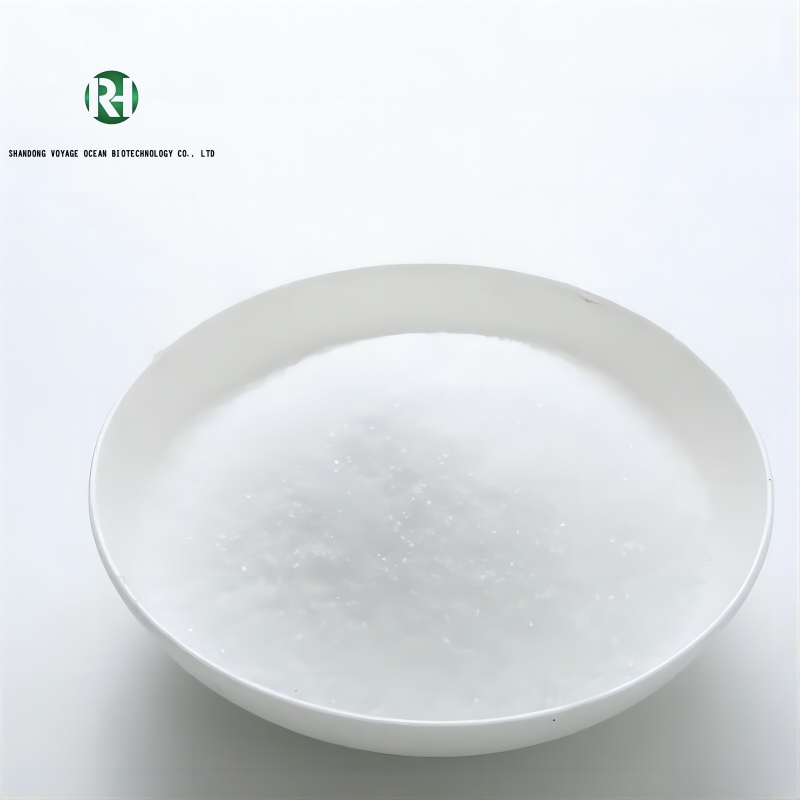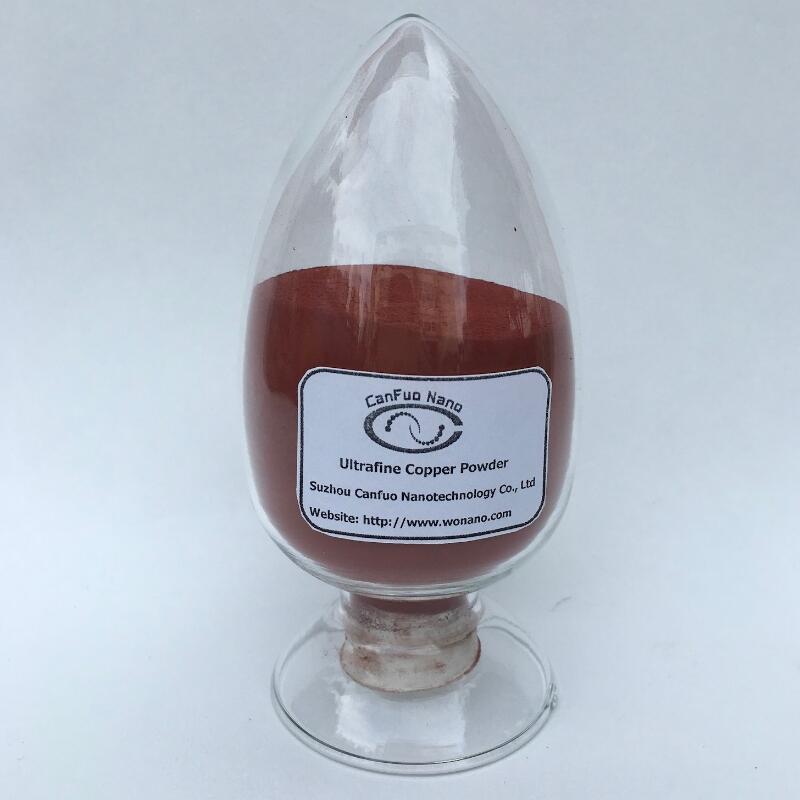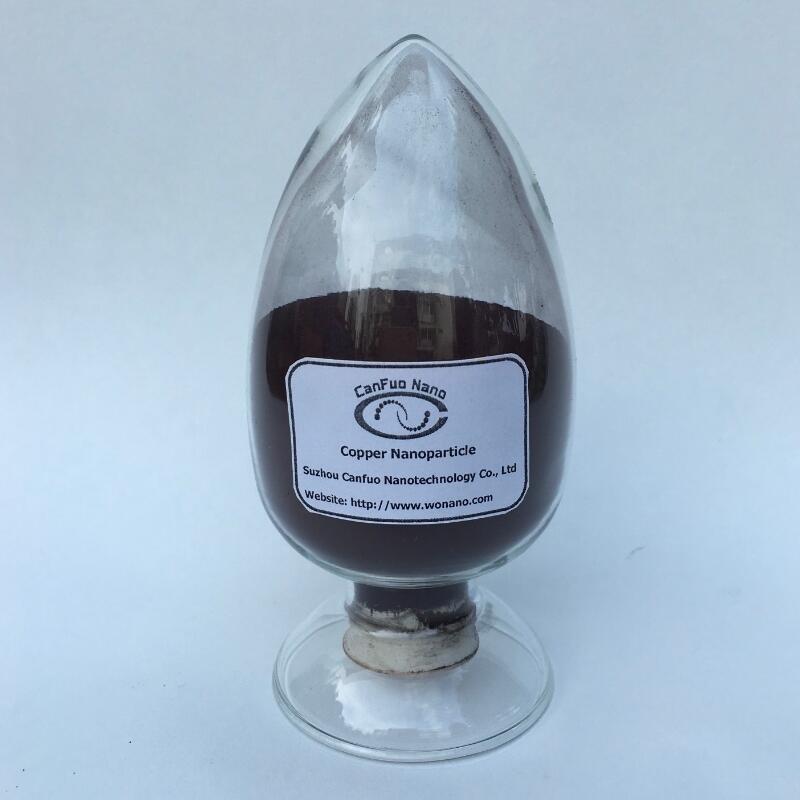-
Categories
-
Pharmaceutical Intermediates
-
Active Pharmaceutical Ingredients
-
Food Additives
- Industrial Coatings
- Agrochemicals
- Dyes and Pigments
- Surfactant
- Flavors and Fragrances
- Chemical Reagents
- Catalyst and Auxiliary
- Natural Products
- Inorganic Chemistry
-
Organic Chemistry
-
Biochemical Engineering
- Analytical Chemistry
-
Cosmetic Ingredient
- Water Treatment Chemical
-
Pharmaceutical Intermediates
Promotion
ECHEMI Mall
Wholesale
Weekly Price
Exhibition
News
-
Trade Service
After mastering the preparation methods of gas, liquid, and solid, how to prepare "metal hydrogen" is a difficult problem that the scientific community is working hard to tackle
.
Recently, the team of Professor Mingwen Zhao of Shandong University proposed to use the high mechanical strength of carbon nanotubes to prepare and protect quasi-one-dimensional "metal hydrogen" in carbon nanotubes at relatively "lower" pressure, and developed corresponding Theoretical model
.
This theoretical result was recently published by the international academic journal "Nano Express"
.
? The team of Professor Mingwen Zhao from Shandong University stated that, due to the high mechanical strength of carbon nanotubes, ultra-high-density quasi-one-dimensional "metal hydrogen" can be formed in it
.
As a container, carbon nanotubes can not only protect the fleeting "metal hydrogen", but also effectively reduce the critical pressure for hydrogen metallization, and realize the metallization and superconductivity of hydrogen at a relatively "lower" pressure.
.
According to the scientific research team, molecular dynamics simulations based on the first principles of quantum mechanics show that quasi-one-dimensional hydrogen bound to carbon nanotubes can become metallic at 163.
5GPa (that is, 1.
635 million times atmospheric pressure), which is critical for superconductivity.
The temperature is also close to room temperature
.
Researchers have developed a corresponding theoretical model on the basis of Eliasieber's superconductivity theory, successfully explaining the superconductivity of quasi-one-dimensional "metal hydrogen"
.
Physicist Eugene
.
Wigner and Hillard
.
Huntington predicted in 1935 that "metal hydrogen" exists under ultra-high pressure conditions
.
Subsequently, the preparation of "metal hydrogen" became the goal of scientists from all over the world, and it was even called the "Holy Grail" of high-pressure physics
.
According to the theoretical model, at 4.
5 million times atmospheric pressure, "metal hydrogen" has superconducting properties close to room temperature
.
The extremely high pressure conditions make experimental demonstrations difficult
.
Therefore, how to obtain "metal hydrogen" under relatively "lower" pressure has become an important research direction at present
.
This time, the theoretical results obtained by Chinese scientists will provide a new solution for the experimental preparation and study of "metal hydrogen" superconductors at room temperature
.
.
Recently, the team of Professor Mingwen Zhao of Shandong University proposed to use the high mechanical strength of carbon nanotubes to prepare and protect quasi-one-dimensional "metal hydrogen" in carbon nanotubes at relatively "lower" pressure, and developed corresponding Theoretical model
.
This theoretical result was recently published by the international academic journal "Nano Express"
.
? The team of Professor Mingwen Zhao from Shandong University stated that, due to the high mechanical strength of carbon nanotubes, ultra-high-density quasi-one-dimensional "metal hydrogen" can be formed in it
.
As a container, carbon nanotubes can not only protect the fleeting "metal hydrogen", but also effectively reduce the critical pressure for hydrogen metallization, and realize the metallization and superconductivity of hydrogen at a relatively "lower" pressure.
.
According to the scientific research team, molecular dynamics simulations based on the first principles of quantum mechanics show that quasi-one-dimensional hydrogen bound to carbon nanotubes can become metallic at 163.
5GPa (that is, 1.
635 million times atmospheric pressure), which is critical for superconductivity.
The temperature is also close to room temperature
.
Researchers have developed a corresponding theoretical model on the basis of Eliasieber's superconductivity theory, successfully explaining the superconductivity of quasi-one-dimensional "metal hydrogen"
.
Physicist Eugene
.
Wigner and Hillard
.
Huntington predicted in 1935 that "metal hydrogen" exists under ultra-high pressure conditions
.
Subsequently, the preparation of "metal hydrogen" became the goal of scientists from all over the world, and it was even called the "Holy Grail" of high-pressure physics
.
According to the theoretical model, at 4.
5 million times atmospheric pressure, "metal hydrogen" has superconducting properties close to room temperature
.
The extremely high pressure conditions make experimental demonstrations difficult
.
Therefore, how to obtain "metal hydrogen" under relatively "lower" pressure has become an important research direction at present
.
This time, the theoretical results obtained by Chinese scientists will provide a new solution for the experimental preparation and study of "metal hydrogen" superconductors at room temperature
.







